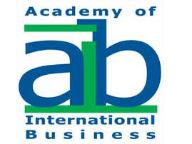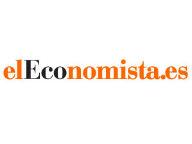Faculty News
—
Professor Roy Smith discusses declining profits in investment banking
—

Excerpt from Financial Times -- "Boosting returns needed 'out-of-the-box thinking' and perhaps external pressure from activist shareholders, [Smith] said, to force deeper restructuring. 'Lots of stuff has to happen. These companies are essentially adrift at the moment.'"
Faculty News
—

Excerpt from Financial Times -- "Boosting returns needed 'out-of-the-box thinking' and perhaps external pressure from activist shareholders, [Smith] said, to force deeper restructuring. 'Lots of stuff has to happen. These companies are essentially adrift at the moment.'"























